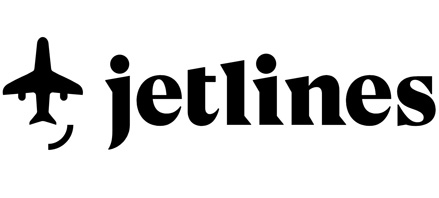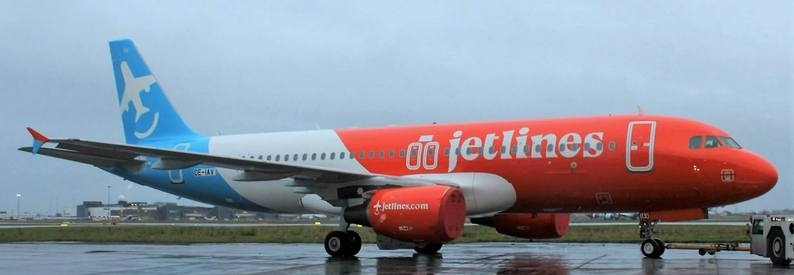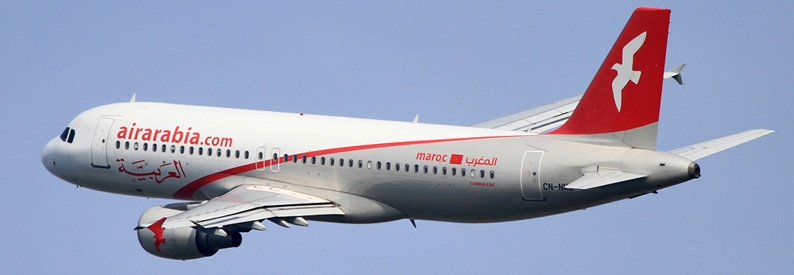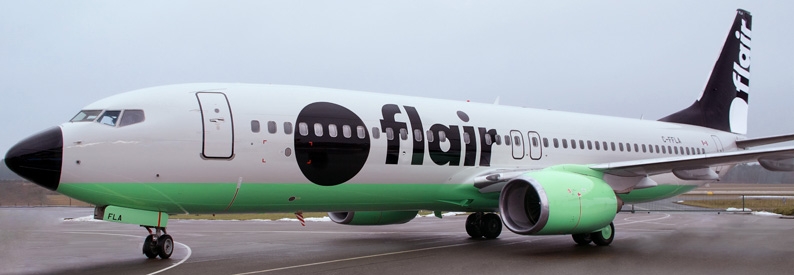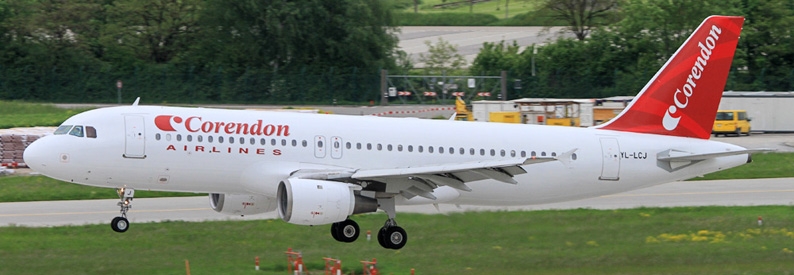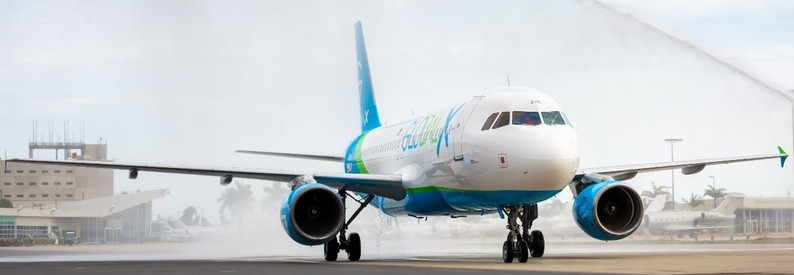Canadian Minister of Transport, Marc Garneau, has announced changes will be made to local regulations governing the extent to which foreign entities can claim ownership of Canadian airlines.
In a speech outlining his Transportation 2030 longterm plan, Garneau said under proposed amendments to the Canada Transportation Act, international companies will be able to own 49% of a Canadian airline – up from the current 25%, but a single foreign investor, or combination of foreign investors, will be capped at a maximum of 25%. Among the first two companies that will be issued exemptions, Garneau said, are Enerjet (Calgary) and Canada Jetlines (AU, Toronto Pearson). However, they will be subject to certain unspecified conditions.
"We believe that greater competition and strengthened passenger rights within our domestic airline industry will be good for Canadians – providing more choice, greater connectivity, and making fares more affordable, while ensuring that all airlines have an incentive to deliver the best possible customer service," he said.
ULCC Jetlines has lobbied hard for exemption from the current law's quota arguing it cannot shoulder the heavy initial certification costs alone. It has attracted attention from several European LCC investors while for its part, Enerjet wishes to partner US private equity firm, Indigo Partners LLC (affiliated with Wizz Air and Frontier Airlines), to fast-track development of its own LCC brand.
In terms of the response from Canada's existing mainline operators, Air Transat (TS, Montréal Trudeau) has welcomed Garneau's comments adding the revision could also lead to a more liberalized transatlantic market between North America and Europe.
During consultations earlier this year, Air Canada (AC, Montréal Trudeau) and WestJet (WS, Calgary) said they would support an increase in foreign shareholding restrictions provided it was not applied on an exceptional basis.
